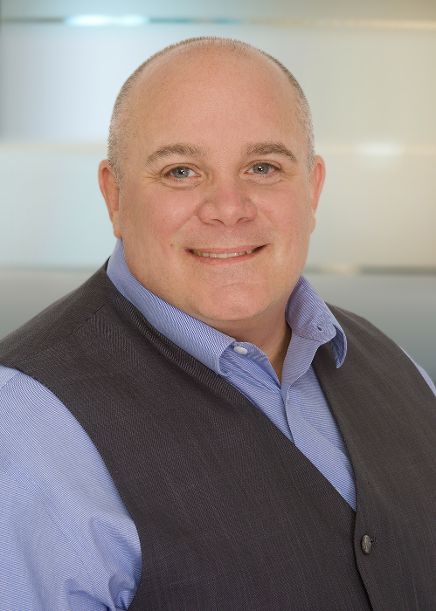
Our nation’s response to coronavirus is as fast-moving as the virus itself. In a short few months, the virus has evolved from an emergent, localized threat to a global healthcare crisis, causing panic across the globe.
This isn’t the first time an infectious disease has stressed the global healthcare community. Emergent health threats are becoming a new normal in healthcare. Skilled nursing facilities and senior living communities have the unique responsibility of being constantly prepared, given the vulnerability of their resident and patient populations, as well as the prevalence of underlying health conditions that put them at greater risk than the general population.
In times of healthcare crises — especially those involving new disease vectors or the emergence of new pathogens — it’s crucial to remember the essential role that your staff plays in your treatment and containment strategy and the role you play in supporting your staff. During the Ebola outbreak in 2014, more than 18,000 nurses from across the country demanded stronger safety precautions. They insisted on better safeguards in the form of protective gear as well as continuous, rigorous interactive training for RNs and other health workers who might need to care for an Ebola patient. For striking nurses, the failure to secure Ebola safeguards symbolized what nurses saw as a steady erosion in care standards that increasingly put patients, residents, nurses and other frontline health workers at risk.
As with any crisis, it’s important to have a solid emergency preparedness plan in place before you need it. Key strategies in preparing staff for a crisis like coronavirus include information dissemination, training and assessment — both for knowledge and observed skills. You need the ability to immediately share new and rapidly changing information while also training or retraining affected team members. In addition, it’s critical to also have a way to validate that they have seen new information and, in many cases, to also know that they understand the information and can demonstrate any physical skills related to the training.
Ask yourself these questions to measure your level of preparedness:
- Do you have an infrastructure in place through which you can immediately distribute pertinent information or training to your affected teams, healthcare organization or even to the local community?
- Does your infrastructure allow you to create new content for your organization in response to new information? Alternatively, can you consume content from a third party such as the Centers for Disease Control and Prevention?
- Do you have a way to validate that your staff not only has read any change to care or safety protocols but can also demonstrate the knowledge and skills to treat patients safely and correctly?
- Does your hospital have a robust library of core training content that you can deploy as refresher training — particularly around infection control practices, triage, and health and safety practices?
- Do you have established emergency preparedness protocols and processes in place?
If you answered no to any of these questions, it’ll be challenging to react in real-time to this emerging health crisis. Keep your team informed of developments as they occur, ensure they have the necessary skills and training, and assess the knowledge and skills of your employees to determine if they have the information and skills to safely and effectively combat the crisis as it changes and evolves.
While experts can debate whether our nation has the capacity to handle this surging severe epidemic, senior living facilities don’t have that luxury. Focus on making sure your staff has the confidence, training and support to handle the scenarios coming their way in these uncertain times.
David Wilkins, chief strategy officer for HealthcareSource, is responsible for the company’s product and solution strategy with oversight of the multiyear roadmap, related market research and new product innovation. He has over 20 years of experience in talent management leadership roles and has been a thought leader in the field of human capital management across a variety of critical subjects, including learning theory, social enterprise practices and strategic talent management.





